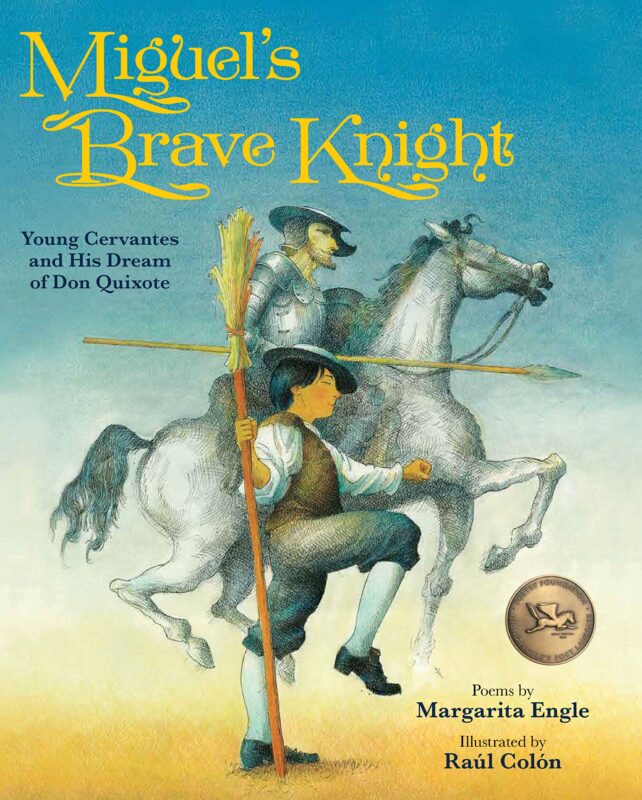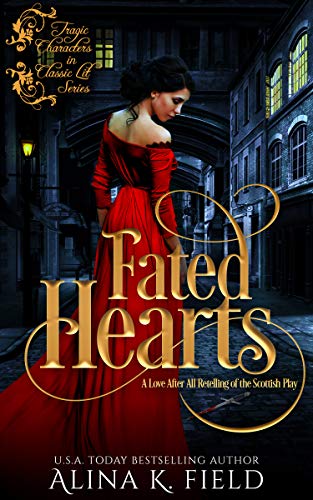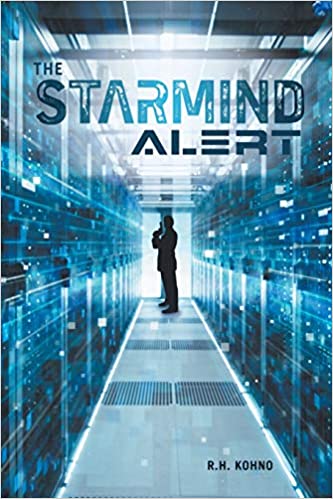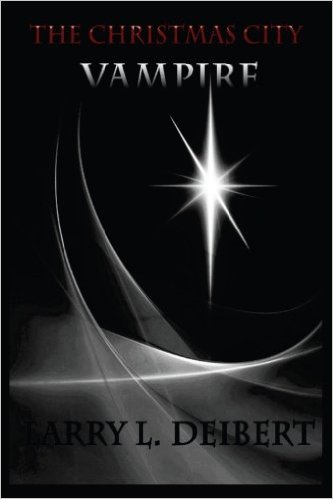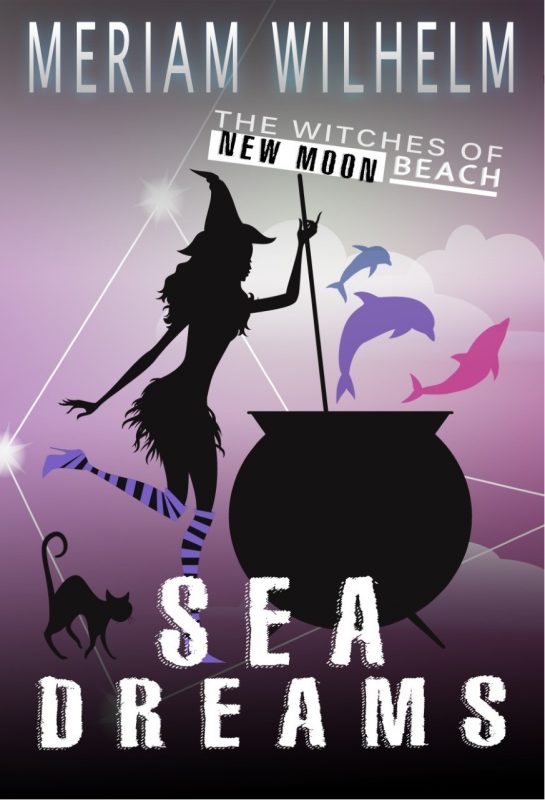Learn to Self-Publish Your Book This Month – and Have It On Sale Next Month!
September 10, 2014 by A Slice of Orange in category Archives tagged as It's Worth It, Kitty Bucholtz, OCC/RWA Online Class, Online Class, self publishing, self-publishingJust a quick reminder that I’ll be teaching “Your How-to Guide to Self-Publishing” starting on Monday, September 15, 2014. That’s this upcoming Monday!
It’s a 4-week online course that will help you take your completed manuscript, and format it and upload it so it’s finally for sale. Yay you! Someone asked, if your manuscript is not quite complete, can you take the class anyway and use a test version to go through the steps so you know what to do when you’re ready? Yes, you can!
The class will consist of written lectures with step-by-step instructions for getting your book ready, as well as videos showing you what to do. You may have already read dozens of blogs and books about how this person or that person created their self-published book, so you already know there is more than one way to go about this. I will show you how I do it and, as a class, we’ll all help each other as each person chooses their own tools (software, distributors, etc.).
For only $30 ($20 for OCC members), this class is a great deal! And half of the proceeds go to support the Orange County Chapter of RWA. Tell your friends and sign up today!
Have questions? Email me at Kitty at KittyBucholtz dot com. I hope to see you in class!
Kitty Bucholtz decided to combine her undergraduate degree in business, her years of experience in accounting and finance, and her graduate degree in creative writing to become a writer-turned-independent-publisher. Her novels, Little Miss Lovesick and Unexpected Superhero, and the free short story, “Superhero in Disguise,” are now available at most online retail sites. Superhero in the Making will be released this year.
0 0 Read moreShow and Tell, OCCRWA’s May Online Class with Shannon Donnelly
April 27, 2014 by A Slice of Orange in category Archives tagged as Online Class, Shannon Donnelly, writing craftShannon Donnelly is with us today to talk about her upcoming OCCRWA online class, Show and Tell, an Interactive Workshop. Take it away, Shannon!
Thanks Alina. We’ve all heard “show, don’t tell†and there is value in that advice. If all you do is tell a story, how does the reader participate with his or her imagination? However, a book is not a movie. While a movie requires everything to be shown (or an often awkward voice-over to be added if it’s not showing enough), a book has the luxury of being able to use narrative. And that’s where I usually get folks who are utterly confused.
Merriam-Webster gives us the root for narrative/narrating as the “Latin narratus,past participle of narrare, from Latin gnarus knowing; akin to Latin gnoscere, noscere to know.â€
This means any writer of fiction needs not only showing but telling as well. What’s the secret in knowing when to show and when to tell? This is something I’ll be covering in the May workshop, but here are a few tips:
– Where are we? (Place and world – the reader needs to be placed into the scene, otherwise it’s confusing to the reader. Do not throw your readers into the deep end without giving them some help.)
– Who is here?(An introduction to the characters, particularly to the main characters for that scene, and for the story.)
All this needs to be woven together, stitched in with careful threads, not dumped on the reader in big clumps. Or, to put it another way, feed the reader your telling—your narrative—with a teaspoon, not a soup bowl.
– Your characters in action—scenes are always stronger when you show a character expressing emotion with physical reactions.
– Your character’s emotions through words. Dialogue should never just be there to advance the plot or you end up with a character that seems stiff on the page. Just as you want to show emotions through actions, you also want to show emotion through words—this includes what someone avoids talking about, too.
Her Regency Historical Romance, Paths of Desire, can be found as an ebooks on Kindle, Nook and at Smashwords, along with her Regency romances.
Writing Holiday Themed Stories – OCCRWA’s March Online Class
February 27, 2014 by A Slice of Orange in category Archives tagged as Online ClassBeth Daniels, aka Beth Henderson chimes in on her upcoming OCCRWA class:
Sometimes the ideas rain down on you, right? And then there are other times when you’re enduring a drought of them. Am I right?
Been there, lived that.
Oddly enough, there are more holidays out there than a writer can shake a quill at…if we had quills. Okay, so we shake rollerballs and mechanical pencils and cell phones capable of recording voice messages to ourselves.
True, these are the themes that generate calls for anthologies, but if it’s a story with a word count that takes you into the novel range, the competition might be tough. Doesn’t mean you back off of the first holidays that come to mind, just expand out from there.
I hope you’ll join me for a year’s worth of considering the prospects of various holidays throughout the year when it comes to spinning romances.
OCC RWA Proudly Presents Our March Online Class
February 26, 2014 by A Slice of Orange in category Archives tagged as Beth Daniels, holiday, OCC/RWA, OCCRWA Online Class, Online Class
5 Time Management Tips for the Holidays by Kitty Bucholtz
December 10, 2013 by A Slice of Orange in category Archives tagged as It's Worth It, Kitty Bucholtz, OCCRWA Online Class, Online Class, time managementDuring the holiday season, I always struggle to keep up with my writing routines while also adding in extra time with family, parties, Christmas events at church, additional baking, and more. Over the years, I’ve found a few things work well for enjoying the holidays with less stress without quitting my writing job for a month or two.
- Do a little less of everything. There are only 168 hours in the week. If I add in a full day of hanging out with my godchildren, I need to figure out what I’m going to do less of. If I decide to make several kinds of Christmas cookies, where am I going to find the time? The answer that works best for me is to do less of everything else – writing, watching TV, reading, etc. – in order to have some time to add in these other seasonal favorites. If, in January, you schedule less writing time for the following December, it won’t be time “lost” but planned for.
- Multi-task. During the rest of the year, when I put brownies in the oven, I will probably fiddle around the kitchen, or check email and read Facebook. But since I’m going to do a little less of everything in order to have a bit more time, I plan to use chunks of time better than I usually do. Every batch of brownies takes 25 minutes to bake – the perfect amount of time for me to get a solid chunk of writing done. The ten minutes cookies take in the oven is a good time to brainstorm, or write in snatches, thinking about what I’m going to write again in a few minutes when I get the next batch in.
- Say No. Sadly, I can’t do everything I’d like to do, especially at the holidays. What is most important to me? What won’t happen again for a year (or more depending on how often you get to go away or have company in for the holidays)? What can wait for next month? Some of my writing deadlines are time sensitive for now. Some can wait a few weeks. I need to plan my month so that what needs to get done in my work, does. And what I want to do with friends and family, I have time to enjoy.
- Take a time out. I’ve found that time outs are not only great for toddlers, they’re great for writers. Depending on how stressed I’m beginning to feel, I’ll take 30 seconds to do some deep breathing, forcing my shoulders back down from around my ears, or I’ll take an hour out of my “important work” to watch TV with my husband. The people closest to me run the risk of getting the least of my time and attention during the holidays because “I know they’ll understand” if I hide in a corner with my laptop, working. What are they doing that they enjoy and that they’d most enjoy my company? What do they want to do that they won’t mind if I’m not there? (No one ever seems to mind when I grab an hour to work while they watch a football game.)
- Consider opportunity cost. When you think of all the things you could do with X amount of time or Y amount of dollars, and then you choose ONE thing, the rest is opportunity cost. The cost of me hiding away from the family for an hour while people are sitting around talking is high – this is when we connect and feel close. It’s lower when I work while they watch football. The cost of missing the Christmas pageant is higher because it only happens once a year, while missing the showing of “Charlie Brown’s Christmas” is lower because I have it on DVD. The cost of missing Christmas sales from your book is higher, but is it as high as missing out on roughhousing with your nieces and nephews who may otherwise remember you as too busy to play with them?
Affiliate Links
A Slice of Orange is an affiliate with some of the booksellers listed on this website, including Barnes & Nobel, Books A Million, iBooks, Kobo, and Smashwords. This means A Slice of Orange may earn a small advertising fee from sales made through the links used on this website. There are reminders of these affiliate links on the pages for individual books.
Search A Slice of Orange
Find a Column
Archives
Featured Books
MIGUEL’S BRAVE KNIGHT
Miguel de Cervantes Saavedra finds refuge from his difficult childhood by imagining the adventures of a brave but clumsy knight.
More info →FATED HEARTS: A Love After All Retelling of the Scottish Play
Everything he’d believed to be true was a lie.
More info →
THE STARMIND ALERT
A psychic thriller that tries to catch an arch terrorist who is like a greased cat.
More info →SEA DREAMS
Can help from a lavender-eyed sea witch, a few enchanted cupcakes and a touch of New Moon magic really rescue a once famous now washed up artist from himself?
More info →Newsletter
Contributing Authors
Search A Slice of Orange
Find a Column
Archives
Authors in the Bookstore
- A. E. Decker
- A. J. Scudiere
- A.J. Sidransky
- Abby Collette
- Alanna Lucus
- Albert Marrin
- Alice Duncan
- Alina K. Field
- Alison Green Myers
- Andi Lawrencovna
- Andrew C Raiford
- Angela Pryce
- Aviva Vaughn
- Barbara Ankrum
- Bethlehem Writers Group, LLC
- Carol L. Wright
- Celeste Barclay
- Christina Alexandra
- Christopher D. Ochs
- Claire Davon
- Claire Naden
- Courtnee Turner Hoyle
- Courtney Annicchiarico
- D. Lieber
- Daniel V. Meier Jr.
- Debra Dixon
- Debra H. Goldstein
- Debra Holland
- Dee Ann Palmer
- Denise M. Colby
- Diane Benefiel
- Diane Sismour
- Dianna Sinovic
- DT Krippene
- E.B. Dawson
- Emilie Dallaire
- Emily Brightwell
- Emily PW Murphy
- Fae Rowen
- Faith L. Justice
- Frances Amati
- Geralyn Corcillo
- Glynnis Campbell
- Greg Jolley
- H. O. Charles
- Jaclyn Roché
- Jacqueline Diamond
- Janet Lynn and Will Zeilinger
- Jeff Baird
- Jenna Barwin
- Jenne Kern
- Jennifer D. Bokal
- Jennifer Lyon
- Jerome W. McFadden
- Jill Piscitello
- Jina Bacarr
- Jo A. Hiestand
- Jodi Bogert
- Jolina Petersheim
- Jonathan Maberry
- Joy Allyson
- Judy Duarte
- Justin Murphy
- Justine Davis
- Kat Martin
- Kidd Wadsworth
- Kitty Bucholtz
- Kristy Tate
- Larry Deibert
- Larry Hamilton
- Laura Drake
- Laurie Stevens
- Leslie Knowles
- Li-Ying Lundquist
- Linda Carroll-Bradd
- Linda Lappin
- Linda McLaughlin
- Linda O. Johnston
- Lisa Preston
- Lolo Paige
- Loran Holt
- Lyssa Kay Adams
- Madeline Ash
- Margarita Engle
- Marguerite Quantaine
- Marianne H. Donley
- Mary Castillo
- Maureen Klovers
- Megan Haskell
- Melanie Waterbury
- Melissa Chambers
- Melodie Winawer
- Meriam Wilhelm
- Mikel J. Wilson
- Mindy Neff
- Monica McCabe
- Nancy Brashear
- Neetu Malik
- Nikki Prince
- Once Upon Anthologies
- Paula Gail Benson
- Penny Reid
- Peter Barbour
- Priscilla Oliveras
- R. H. Kohno
- Rachel Hailey
- Ralph Hieb
- Ramcy Diek
- Ransom Stephens
- Rebecca Forster
- Renae Wrich
- Roxy Matthews
- Ryder Hunte Clancy
- Sally Paradysz
- Simone de Muñoz
- Sophie Barnes
- Susan Squires
- T. D. Fox
- Tara C. Allred
- Tara Lain
- Tari Lynn Jewett
- Terri Osburn
- Tracy Reed
- Vera Jane Cook
- Vicki Crum
- Writing Something Romantic
Affiliate Links
A Slice of Orange is an affiliate with some of the booksellers listed on this website, including Barnes & Nobel, Books A Million, iBooks, Kobo, and Smashwords. This means A Slice of Orange may earn a small advertising fee from sales made through the links used on this website. There are reminders of these affiliate links on the pages for individual books.




